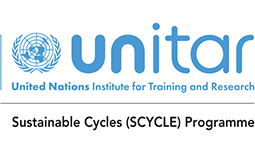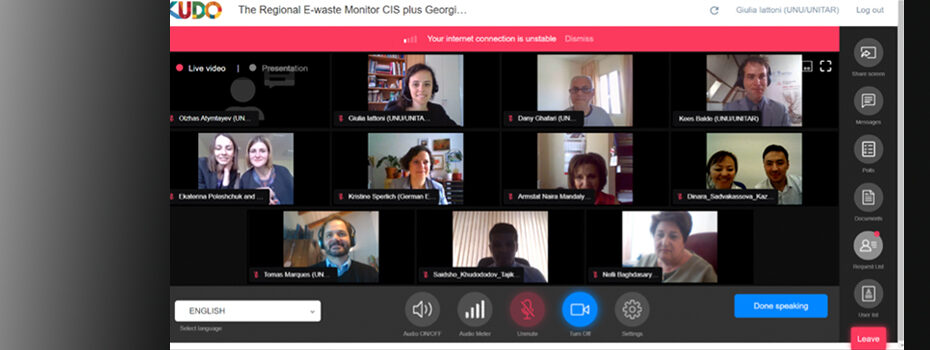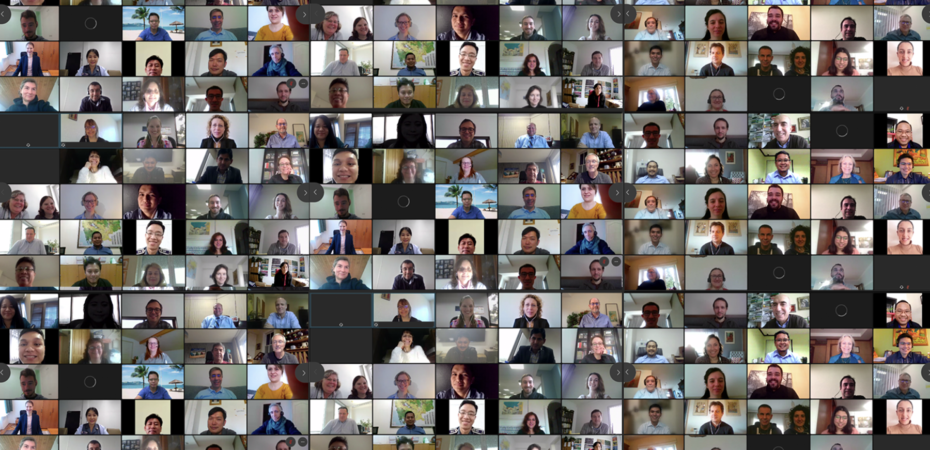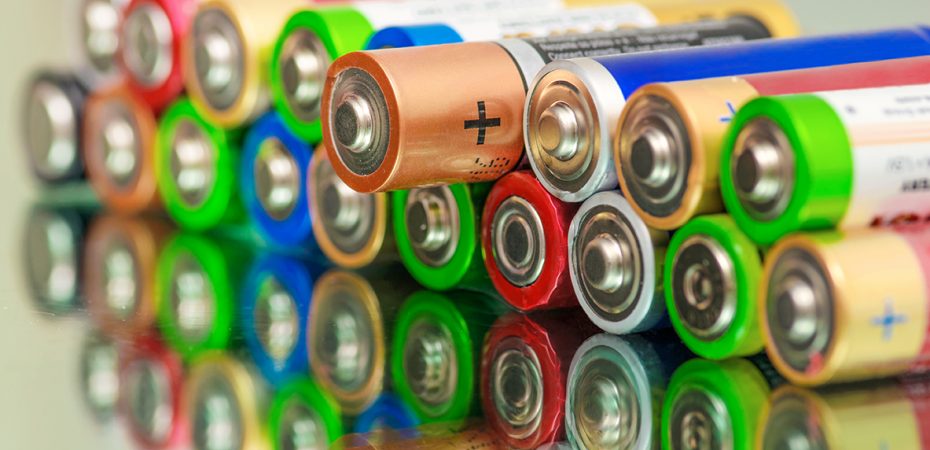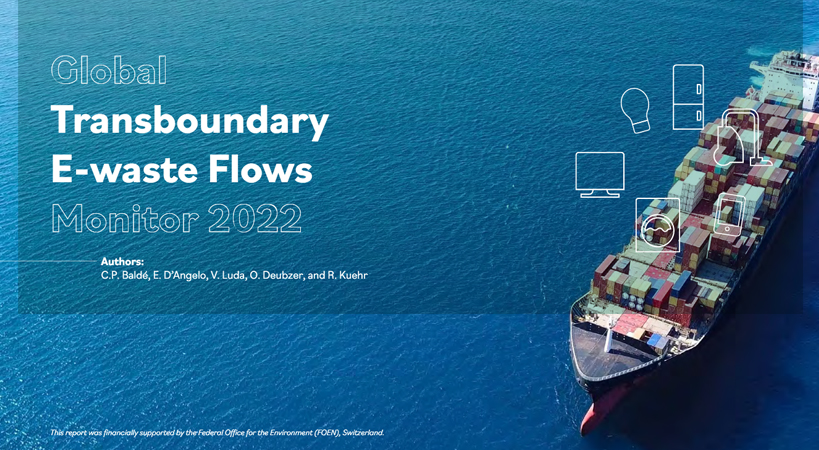Regional E-waste Monitor for the Arab Region
3 years ago Ruediger Kuehr Comments Off on Regional E-waste Monitor for the Arab Region
Within the framework of the International Telecommunication Union (ITU) Arab Regional Initiative on Environment, climate change, and emergency telecommunications, SCYCLE and ITU have collaborated with the Global E-waste Statistics Partnership to implement the “Regional E-waste Monitor for the Arab Region” – a project geared toward building regional capacity on e-waste statistics for government officials and statisticians while focusing on improving e-waste-related data and statistics in the Region. The Arab Region includes 22 African and Western Asian countries that are members of the League of Arab States and share the Arabic language: Algeria, Bahrein, Comoros, Djibouti, Egypt, Iraq, Jordan, Kuwait, Lebanon, Libya, Mauritania, Morocco, Oman, Palestine, Qatar, Saudi Arabia, Somalia, Sudan, Syria, Tunisia, United Arab Emirates, and Yemen.
The project seeks to collect and improve e-waste statistics in the Arab Region and enhance data availability and quality. Regionally and nationally comparable e-waste statistics for the Arab Region will be produced in the format of the Regional E-waste Monitor. The project will also enhance awareness of e-waste via communication of the project’s data to policy makers, businesses, media, and other relevant stakeholders in the Region.
Close cooperation with partners and stakeholders will be a key factor for the effective implementation of the project activities.
E-waste constitutes one of the fastest-growing waste streams in today’s global environment and is a threat to sustainable development. E-waste data is required for evaluating developments over time and for elaborating on national and international policies – as well as for limiting e-waste generation, preventing illegal dumping, promoting recycling, and creating jobs in the recycling sector. However, very few countries collect internationally comparable e-waste statistics, and many countries lack the capacity to collect national e-waste data.
Work that began in December 2019 with a capacity-building workshop in Tunis and that will culminate in the publication of the Regional E-waste Monitor will continue focusing on solving regional and global e-waste issues via the facilitation and exchange of knowledge, experiences, and good practices among countries throughout the Arab Region.
